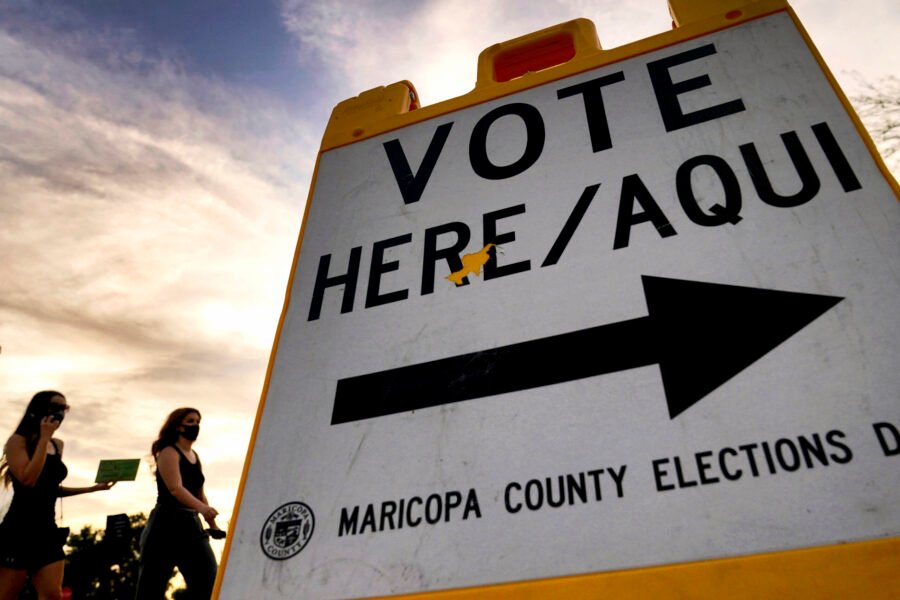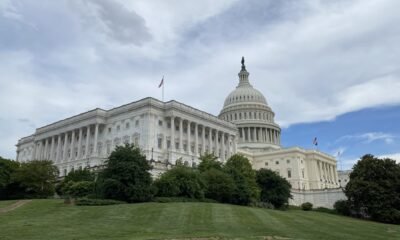abroad
AZ GOP Challenges Legality of Overseas Voting for Non-Residents

The Arizona Republican Party has filed a lawsuit challenging a state law that permits non-residents to vote in elections. This law, enacted in 2005, allows children of Arizonans living overseas to cast ballots despite never having lived in the state.
In court documents submitted on June 30, party officials argue that the law contravenes the Arizona Constitution’s residency requirement. They assert that the 2005 legislation was improperly enacted by state lawmakers.
According to the federal Uniformed and Overseas Citizens Absentee Voting Act, Americans abroad can participate in federal elections via mail ballots. However, attorney Kory Langhofer insists that states retain the right to impose specific voting prerequisites.
Langhofer contends that the federal statute’s validity hinges on adherence to state regulations, highlighting a constitutional violation. He claims that overseas voters, particularly those who have never resided in Arizona, tend to lean Democratic.
In Maricopa County, the disparity is stark: only 18.2% of overseas voters are registered Republicans while 51.3% are Democrats. This stands in contrast to the overall voter registration landscape in the county, where 35.5% identify as Republican.
The Secretary of State’s office has not tracked how many overseas voters lack prior residency in Arizona. The office, under Secretary Adrian Fontes, declined to comment on the ongoing litigation.
The lawsuit’s implications are significant enough for Republicans to request that a Maricopa County Superior Court judge nullify the law. Langhofer emphasizes that the law imposes an unfair disadvantage on local voters, diluting their electoral impact.
Gina Swoboda, chair of the Republican Party of Arizona, is cited in the case. She argues that allowing non-residents to vote undermines the electoral rights of qualified voters like herself who meet residency requirements.
RNC Chairman Michael Whatley has framed the issue politically, despite the law’s bipartisan origins. He characterized current efforts as a means to protect the integrity of Arizona’s electoral processes against what he claims is an unconstitutional law.
The lawsuit asserts that the potential influence of these overseas voters is legally irrelevant. Regardless of actual voter impact, the plaintiffs maintain a vested interest in upholding state electoral laws.
The lawsuit not only seeks to invalidate the law but also calls for clarity in voter registration instructions for those residing overseas, stressing that non-residents should not be permitted to participate in elections.
A hearing date has yet to be established.


















